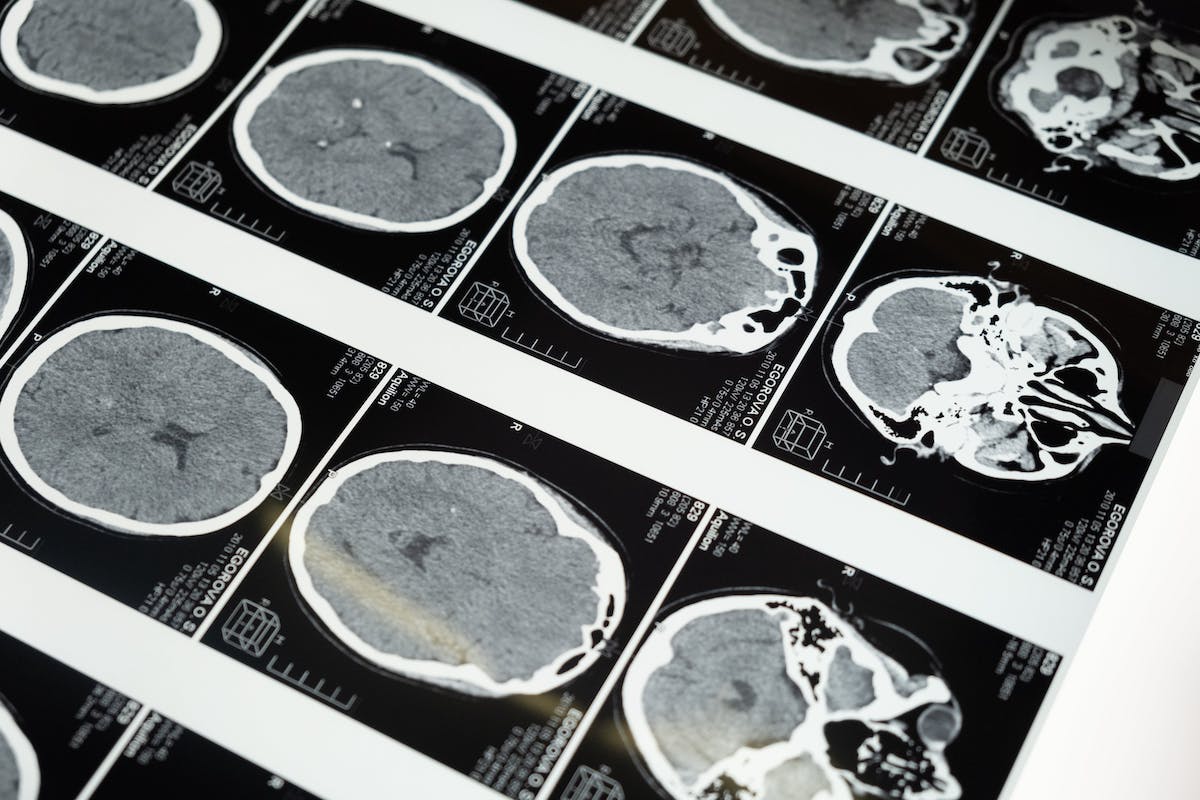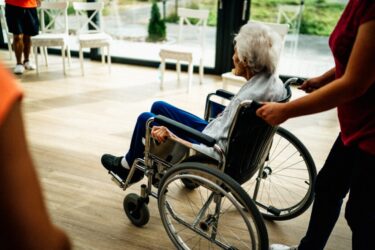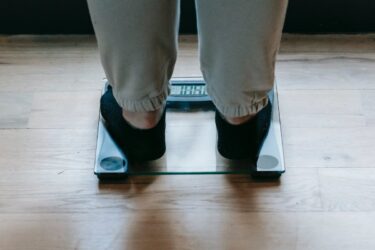Following a list of 12 simple steps to modify physical, lifestyle and social components of health could help older people improve their brain care, according to a December study. It could also help reduce their risk — sometimes significantly — of developing diseases like dementia or stroke.
Why it Matters
- More than 6 million Americans are living with Alzheimer’s disease at a cost of $345 billion; that figure is expected to rise to nearly 13 million people by 2050, costing the U.S. about $1 trillion, according to the Alzheimer’s Association.
- Some 795,000 people have a stroke in the U.S. every year; approximately 610,000 are new strokes, according to the CDC. Someone dies from a stroke roughly every three minutes. One and six deaths from cardiovascular disease were caused by a stroke in 2021. Total health costs, medicine and lost work days totaled nearly $56.5 billion between 2018 and 2019.
- The brain care score provides a simple, patient-driven tool to initiate conversations with care providers on lowering risk and improving brain care.
Exploring the study method
For the study, investigators from the McCance Center for Brain Health at Massachusetts General Hospital developed a brain care score that evaluates risk factors and mitigating effects on dementia and stroke, such as hypertension, lipids, alcohol use, exercise and social interaction.
The score was based on data from nearly 399,000 adults ages 40-69 enrolled in the U.K. Biobank, one of the largest registries of its kind in the world.
Improving performance on the 12-step score can substantially reduce a person’s risk of developing dementia or stroke. The higher the brain care score, the lower the likelihood of developing these devastating conditions.
Brain care score elements included:
- Physical: blood pressure, blood sugar, cholesterol and body mass index.
- Lifestyle: nutrition, alcohol consumption, smoking, aerobic activities and sleep.
- Social-emotional: stress management, social relationships and meaning in life.
“This is a simple tool that is patient-driven,” said Jonathan Rosand M.D., co-founder of the McCance Center for Brain Health.
“We designed this score to be really something that patients could take into their own hands, bring to their doctors when needed, but really use it as a tool to answer the very simple question: ‘What can I do to take good care of my brain?’”
This study can be a jumping off point for journalists to discuss how older adults can help reduce their risk of dementia or stroke, and how physicians can guide patients towards simple modifications to reduce that risk. The study was funded by the National Institutes of Health and the American Heart Association.
Analyzing the results
During a median follow-up of 12.5 years, there were 5,354 new cases of dementia and 7,259 strokes among the U.K. Biobank participants. Rosand and his team found that among those younger than 50 at initial enrollment, each five-point positive difference in the brain care score was associated with a 59% lower risk of developing dementia and a 48% lower risk of experiencing a stroke.
Participants in the 50 to 59 age group had a one-third lower risk (32%) of dementia and half the risk of stroke (52%) for each five-point higher. Estimates for those older than 59 showed an 8% lower risk of dementia and 33% lower risk of stroke. The analysis did not account for factors like race, ethnicity, or gender, but investigators are refining their criteria to learn more about how different sub-populations might be impacted.
The brain care score includes a list of things people can do to help raise their score, and everyone can take a first step, according to Rosand. It might be something simple like eating more fresh fruits and vegetables, walking an extra 15 minutes a day or getting hypertension under control.
There is a slow-moving pandemic when it comes to dementia, stroke and depression, Rosand explained in a phone interview.
“The concept of brain care is radically new,” said Rosand. “We’ve been doing good science for a long time. And yet, we’re still seeing patients come in day after day to the ICU with bad strokes, or in our offices with dementia, and we know we could be doing such a better job of preventing this.”
The study only evaluated a person’s brain care score at a single time point in their life. Additional research is needed to determine whether a person can reduce their risk of having a stroke or developing dementia by improving their score over time through behavior changes and lifestyle choices, potentially with the help of clinicians and others who can provide support.
Resources
- NIH Brain Initiative
- McCance Center for Brain Health at Massachusetts General Hospital
- Washington University at St. Louis. Alzheimer’s Disease Research Center, studying “causal factors” linked to Alzheimer’s disease.
- Alzheimers.gov, a consumer-facing website to help educate people with the disease and caregivers learn more about the condition, find local resources and enroll in clinical trials.
- Alzheimer’s Foundation of America, provides both consumer and professional resources for those with Alzheimer’s, along with education and training for health professionals.









